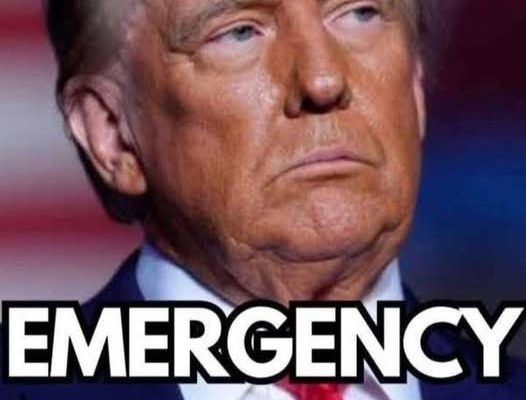President Trump’s recent executive order, framed as a measure against anti-Semitism, has sparked serious human rights concerns—particularly its impact on international students and pro-Palestinian advocates. The policy allows for the deportation of students involved in protests deemed “anti-Israel,” raising alarm over threats to free speech and the right to protest.
Rather than addressing anti-Semitism, critics say the order silences dissent against Israeli policies by weaponizing immigration law. It threatens students with visa revocation, disrupting their education and creating a chilling effect on U.S. campuses.
This approach contradicts fundamental democratic values like freedom of expression and peaceful assembly. By suppressing pro-Palestinian voices, it risks deepening polarization and hindering honest dialogue on the Israeli-Palestinian conflict.
Using national security and immigration policy to suppress political activism sets a dangerous precedent. It jeopardizes academic freedom, restricts civil liberties, and mislabels criticism of Israel as anti-Semitism—diverting attention from fighting actual hatred.
Ultimately, this policy affects more than just protesters. It sends a warning to anyone with dissenting views and underscores the urgent need for policies that protect open debate, not punish it.



